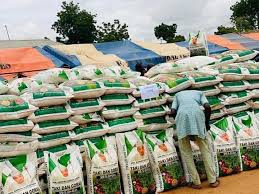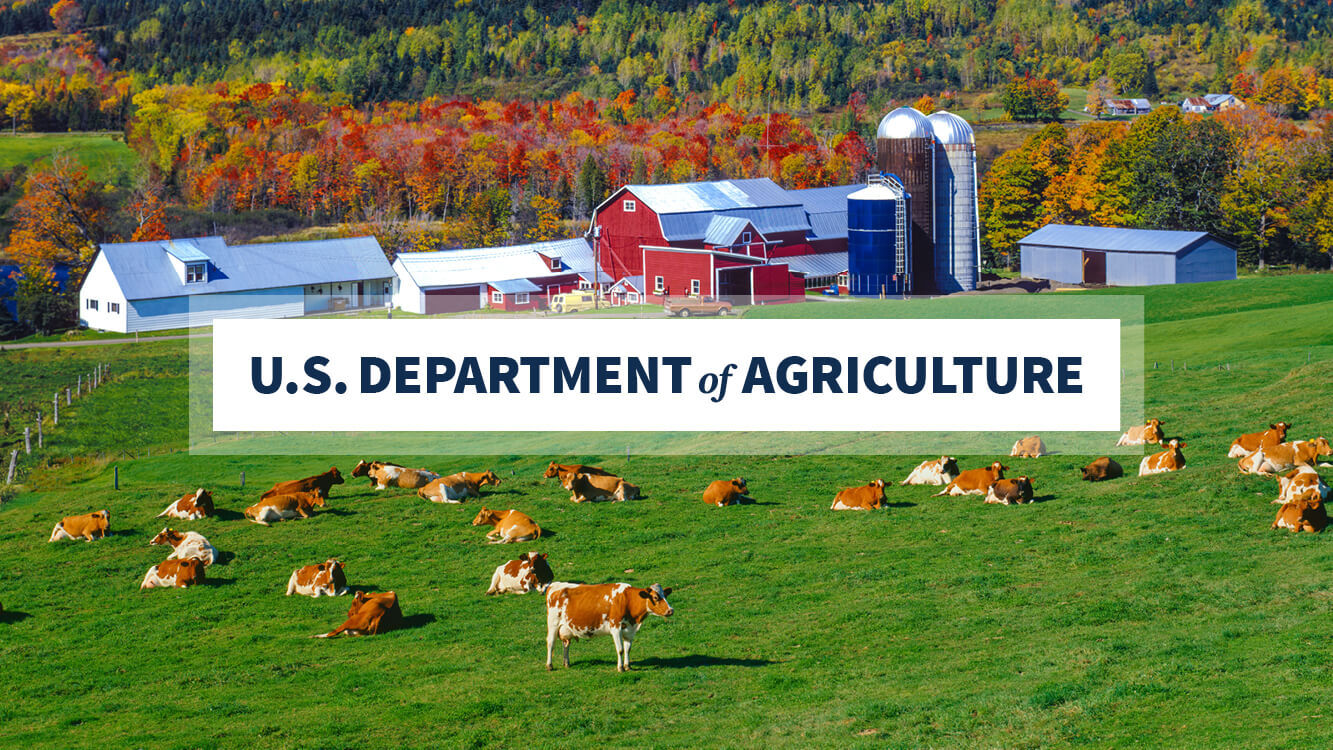You’re getting ready to make your go-to chicken breast recipe. All the veggies are washed and ready to go. Now it’s time to prep the poultry—but wait, are you supposed to wash chicken?
“Your first inclination is to rinse it off and remove all the goop that’s on there,” Keith Schneider, PhD, a professor and food safety microbiologist at the University of Florida, tells SELF. But the ickiness of raw chicken is cosmetic as long as you plan on cooking it thoroughly. “You’re just making it look prettier by washing,” Dr. Schneider says.
In fact, washing your chicken can actually make you or your dinner guests sick with a nasty case of foodborne illness. But don’t feel alone if you wash your bird first—nearly 70% of 1,504 people surveyed said they washed or rinsed their poultry before cooking it, according to a 2015 study published in the Journal of Food Protection1.
Interested in learning why this common practice isn’t a great idea? SELF talked to food safety experts about why you shouldn’t wash your chicken.
So what is the safest way to cook chicken to avoid getting sick?
Chicken is ready to cook right from the package. You want to focus on cooking poultry properly because heat will kill bacteria lingering on your meat. “There’s a reason we don’t eat chicken and turkey sushi,” Dr. Schneider says. Chicken and other types of poultry should be cooked to an internal temperature of 165 degrees Fahrenheit, according to the U.S. Department of Agriculture (USDA). While you may think you can tell when food is cooked properly by analyzing its color or texture, the only way to know for sure is to use a food thermometer.
For an accurate reading, Christine Venema, EdD, a food safety educator at Michigan State University Extension, suggests sticking the thermometer into the thickest part of the breast or the thigh or leg of a whole bird. Don’t touch the bone, which is a different temperature than the rest of the chicken.
What are the health risks of washing chicken before cooking it?
Raw chicken (and other poultry or meat) can be contaminated with bacteria that may cause foodborne illnesses such as campylobacter and salmonella, according to the Centers for Disease Control and Prevention (CDC). “When you hit that [raw] chicken with water, there’s a tendency for the water to bounce off the chicken and spray everywhere,” Dr. Schneider says. And that raw chicken water can splash bacteria onto anything nearby, such as countertops, cooking surfaces, and other food2 (shudder). Hello cross contamination.
“If you have any food product nearby, it can become contaminated with the bacteria that flies away from that sink,” Dr. Venema tells SELF. The USDA estimates that water can launch bacteria-filled droplets up to three feet around your sink.
If you have been washing your chicken for years without any consequences, consider yourself lucky. But continuing to do so opens you up to food poisoning or the stomach flu, which can cause diarrhea, fever, stomach cramps, and vomiting, among other unpleasant symptoms, according to the CDC. Individuals who have a higher risk of developing serious cases of food poisoning, like people who are immunocompromised or pregnant, should really avoid washing raw chicken.
The only time it might make sense to wash chicken before cooking is if you’re, say, on a farm, and washing the chicken far from where you prepare food, Londa Nwadike, PhD, an assistant professor and extension food safety specialist at Kansas State University, tells SELF. She grew up on a farm and remembers slaughtering chickens for food in her backyard when she was younger. That might then require washing feathers or blood away from the meat. “But the meat from the chicken you buy at [the] grocery store should be clean,” Dr. Nwadike says.
Note: This article have been indexed to our site. We do not claim legitimacy, ownership or copyright of any of the content above. To see the article at original source Click Here













